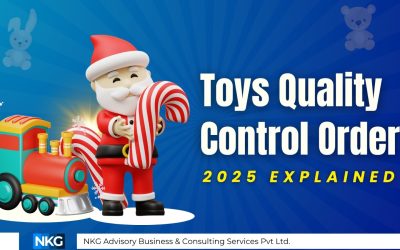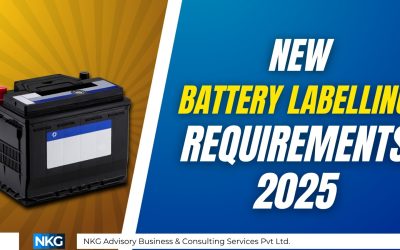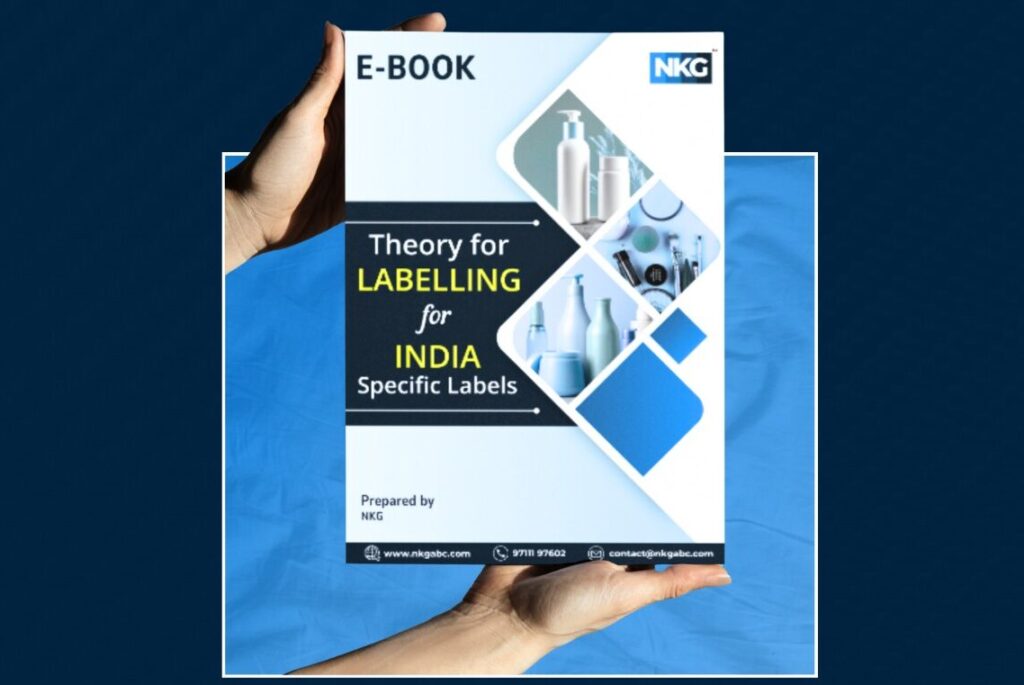Introduction
In recent years, lithium-ion (Li-ion) batteries have emerged as the most popular choice for secondary batteries due to their lightweight, high energy density, and extended lifespan. As the demand for these batteries continues to surge across India, the Bureau of Indian Standards (BIS) has implemented regulations to bring these products under the Compulsory Registration Scheme (CRS). This article aims to provide a comprehensive understanding of the BIS Compulsory Registration Scheme for lithium-ion batteries, highlighting the importance of compliance, testing requirements, and the certification process.
Understanding the BIS Compulsory Registration Scheme
The Bureau of Indian Standards (BIS) is the national body responsible for implementing various certification schemes for goods manufactured, sold, or distributed within India. The primary objective of these schemes is to ensure product quality, safety, and reliability, thereby safeguarding the interests of the general public. The BIS Compulsory Registration Scheme (CRS), also known as BIS registration, is a specific program tailored for electronics and information technology (IT) goods.
According to the CRS order, it is mandatory for manufacturers, sellers, and distributors of electronics and IT goods to obtain a BIS registration certificate before releasing their products into the Indian market. Failure to comply with this requirement is punishable under the BIS Act. By obtaining BIS registration, manufacturers and importers can demonstrate that their products adhere to the specified Indian standards and are authorized to bear the standard mark with a unique registration number.
Importance of BIS Registration for Lithium-Ion Batteries
Lithium-ion batteries are covered under the BIS Compulsory Registration Scheme, and compliance is essential for their safe and responsible use. The Indian Standard IS 16046 (Part 2): 2018/IEC 62133-2:2017 covers secondary cells and batteries containing alkaline or other non-acid electrolytes, including lithium systems batteries. This standard specifically addresses the safety requirements for portable sealed secondary lithium-ion cells and batteries used in portable applications.
BIS has enacted these standards to ensure that all safety requirements are met, thereby minimizing potential risks associated with lithium-ion batteries. Each primary or secondary battery/cell covered under the CRS scheme, including lithium-ion batteries, must be BIS registered and bear the standard mark with a unique registration number. BIS issues a registration certificate after confirming that the product complies with the relevant Indian standards.
The BIS Certification Process for Lithium-Ion Batteries
Manufacturers and importers must follow a well-defined process to obtain a BIS registration certificate for lithium-ion batteries. Here are the key steps involved:
- Application Submission: Applicants must submit an online application through the BIS portal.
- Generation of Test Request: After applying, a test request will be generated for product testing.
- Product Testing: The lithium-ion battery will be tested in a BIS-approved laboratory.
- Submission of Application and Test Report: Upon completion of testing, the applicant must submit an online application along with all relevant documents and test reports to BIS.
- Scrutiny of Application: BIS officials will scrutinize the application and the test report to ensure compliance with specified standards.
- Grant of BIS Certificate: If the test report and documents meet the required standards, BIS will grant a CRS certificate to the product manufacturer.
It is important to note that the BIS registration process requires the submission of various supporting documents, including a completely filled CDF/CCL form, a duly filled BIS application form, business licenses, ISO certificates, marking labels, authorization letters, trademark certificates, technical specification sheets, and photo IDs of authorized representatives.
Conclusion:
In India’s rapidly evolving electronics and IT landscape, the BIS Compulsory Registration Scheme plays a crucial role in ensuring the safety, quality, and reliability of lithium-ion batteries. By adhering to the stringent testing requirements and obtaining BIS registration, manufacturers and importers can demonstrate their commitment to consumer safety and gain access to the Indian market. While the certification process may seem daunting, seeking professional assistance can simplify the journey and increase the chances of successful BIS registration. Ultimately, compliance with BIS standards not only protects consumers but also fosters trust and confidence in the lithium-ion battery industry, paving the way for its sustainable growth and innovation.







